In film, Magic Farm, Amalia Ulman's characters are on the hunt for 'crazy subcultures'
Director Amalia Ulman explores hipster territory and internet culture in Magic Farm, starring Chloë Sevigny, Alex Wolff and Joe Apollonio. We meet her ahead of its release
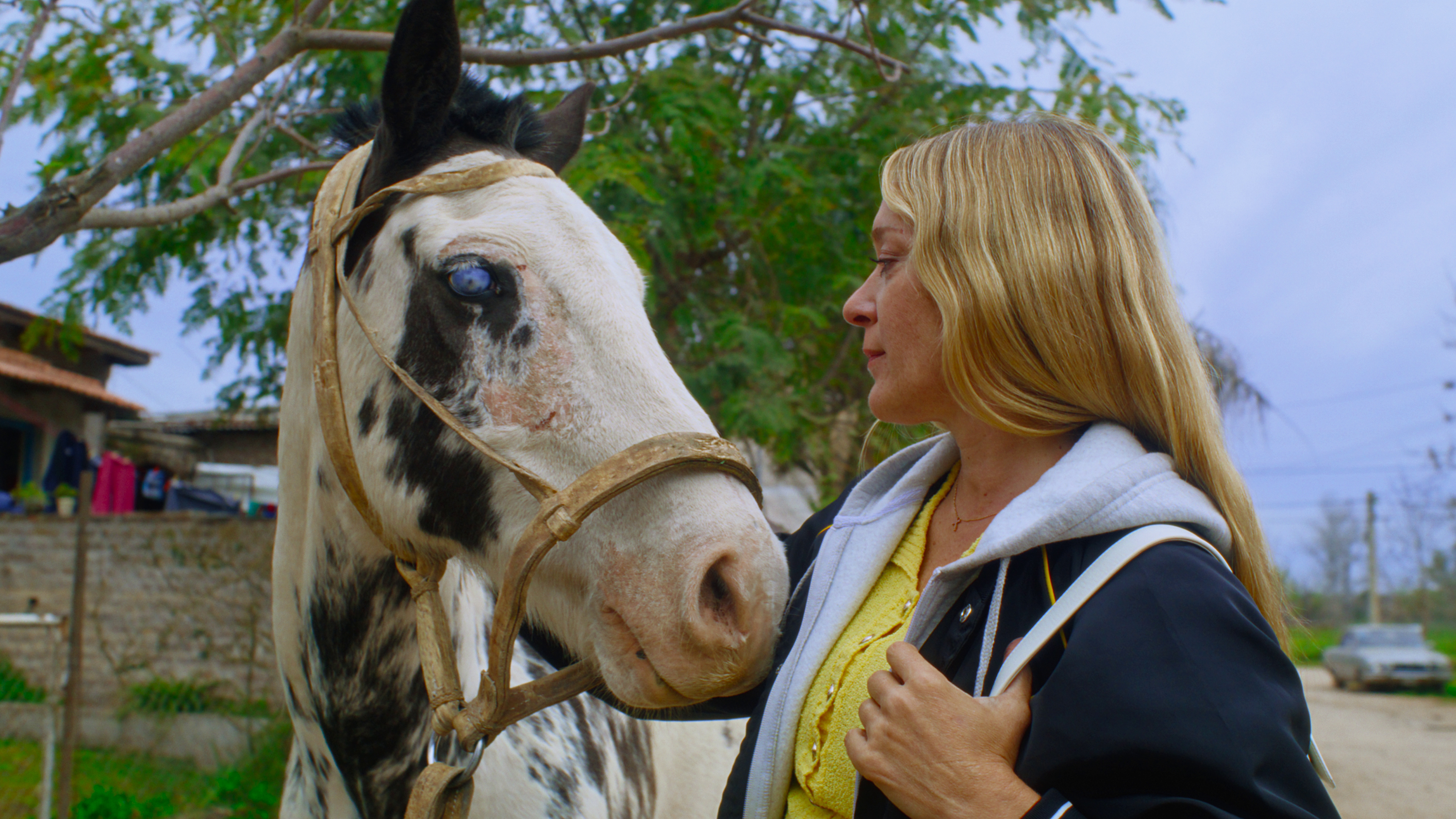
Receive our daily digest of inspiration, escapism and design stories from around the world direct to your inbox.
You are now subscribed
Your newsletter sign-up was successful
Want to add more newsletters?

Daily (Mon-Sun)
Daily Digest
Sign up for global news and reviews, a Wallpaper* take on architecture, design, art & culture, fashion & beauty, travel, tech, watches & jewellery and more.

Monthly, coming soon
The Rundown
A design-minded take on the world of style from Wallpaper* fashion features editor Jack Moss, from global runway shows to insider news and emerging trends.

Monthly, coming soon
The Design File
A closer look at the people and places shaping design, from inspiring interiors to exceptional products, in an expert edit by Wallpaper* global design director Hugo Macdonald.
The first image Amalia Ulman dreamed up while writing her sophomore feature involved a radiant green field and a bright blue sky. In Magic Farm, which the Argentine-Spanish filmmaker and conceptual artist also directs and stars in, the scene features her real life grandmother driving a motorcycle, the surrounding landscape an echo of the Windows XP wallpaper introduced by Microsoft in 2001. ‘I always saw it as colourful,’ Ulman shares over Zoom. ‘Stylistically, El Planeta [her debut feature, released in 2021 and shot in black and white] was formally very Argentinian, whereas this one, though it's shot in Argentina, has a Spanish feel. It's very camp and colourful, responding more to mid-80s, early-90s cinema.’
Ulman, who grew up in Gijón in Spain before studying at London’s Central Saints Martins, later moving to Los Angeles and eventually arriving in New York, has long gravitated towards explorations of class, image and identity in her practice, often in the realm of digital media: for 2014’s Excellences & Perfections, she spent several months performing various influencer archetypes on Instagram. With Magic Farm, she introduces us to a Vice-adjacent, New York-based production company comprised of Chloë Sevigny, Alex Wolff and Joe Apollonio (Simon Rex plays their boss, and Sevigny’s partner, who’s on the cusp of being cancelled; Ulman’s Elena takes camera and interpreting duties).
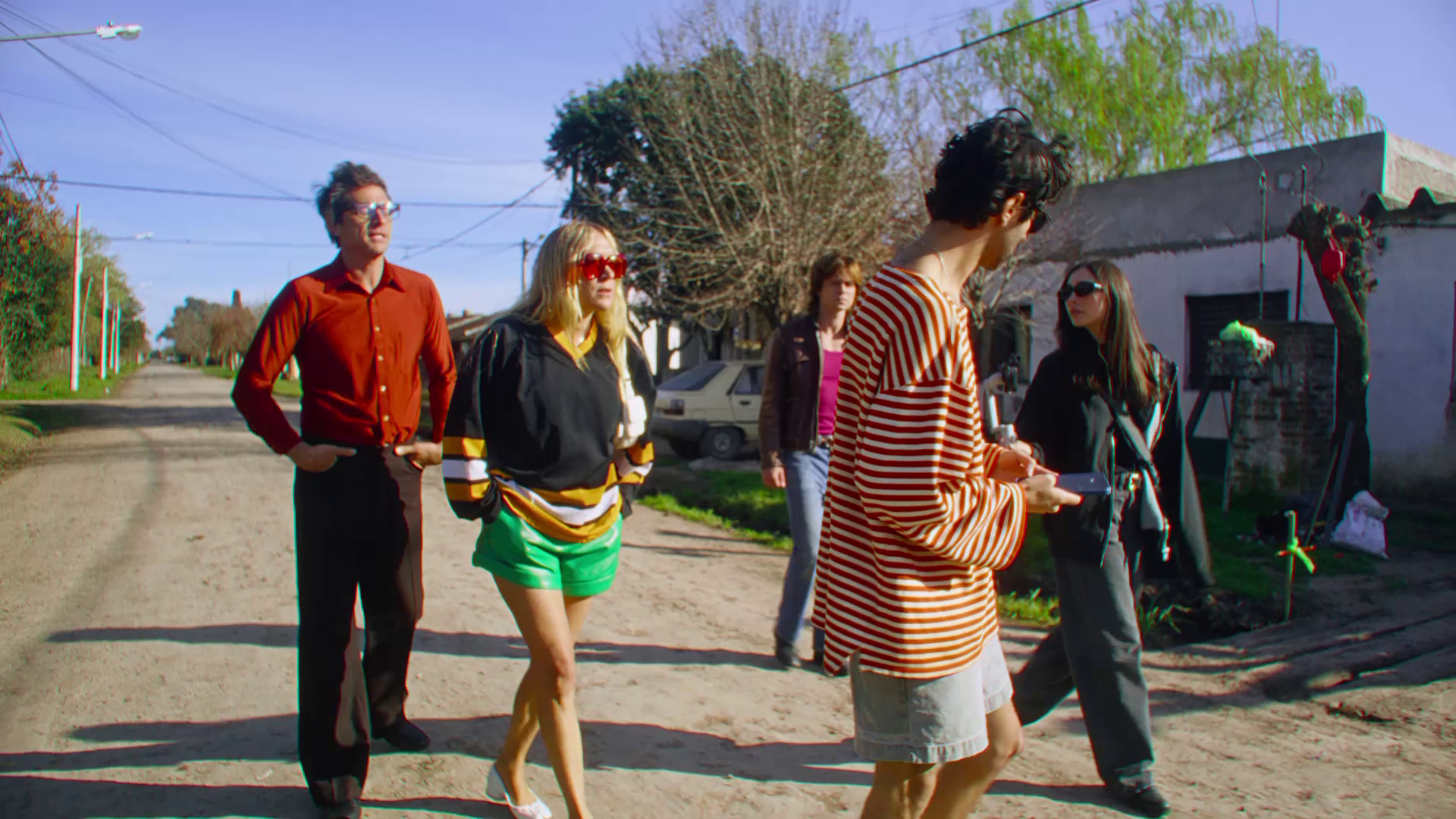
Perpetually on the hunt for ‘crazy subcultures around the world’, the group travels to a remote town called San Cristóbal, where they believe lives a musician who wears bunny ears; their intel, however, is based on social media videos reposted by a woman who works at the church, and they quickly learn that not only is he not a local, but San Cristóbals exist all over Latin America. After some moping, primarily by Wolff’s incompetent producer Jeff, they decide to fake a trend and pass it off as authentic, helped by their hostel receptionist (Guillermo Jacubowicz) and Popa (Valeria Lois), a local woman whose home is an homage to Paris, and whose adult children mostly live online, climbing trees to post selfies to their socials. In the immediate background is a genuine health crisis (and potential human interest story), that the crew are seemingly oblivious to.
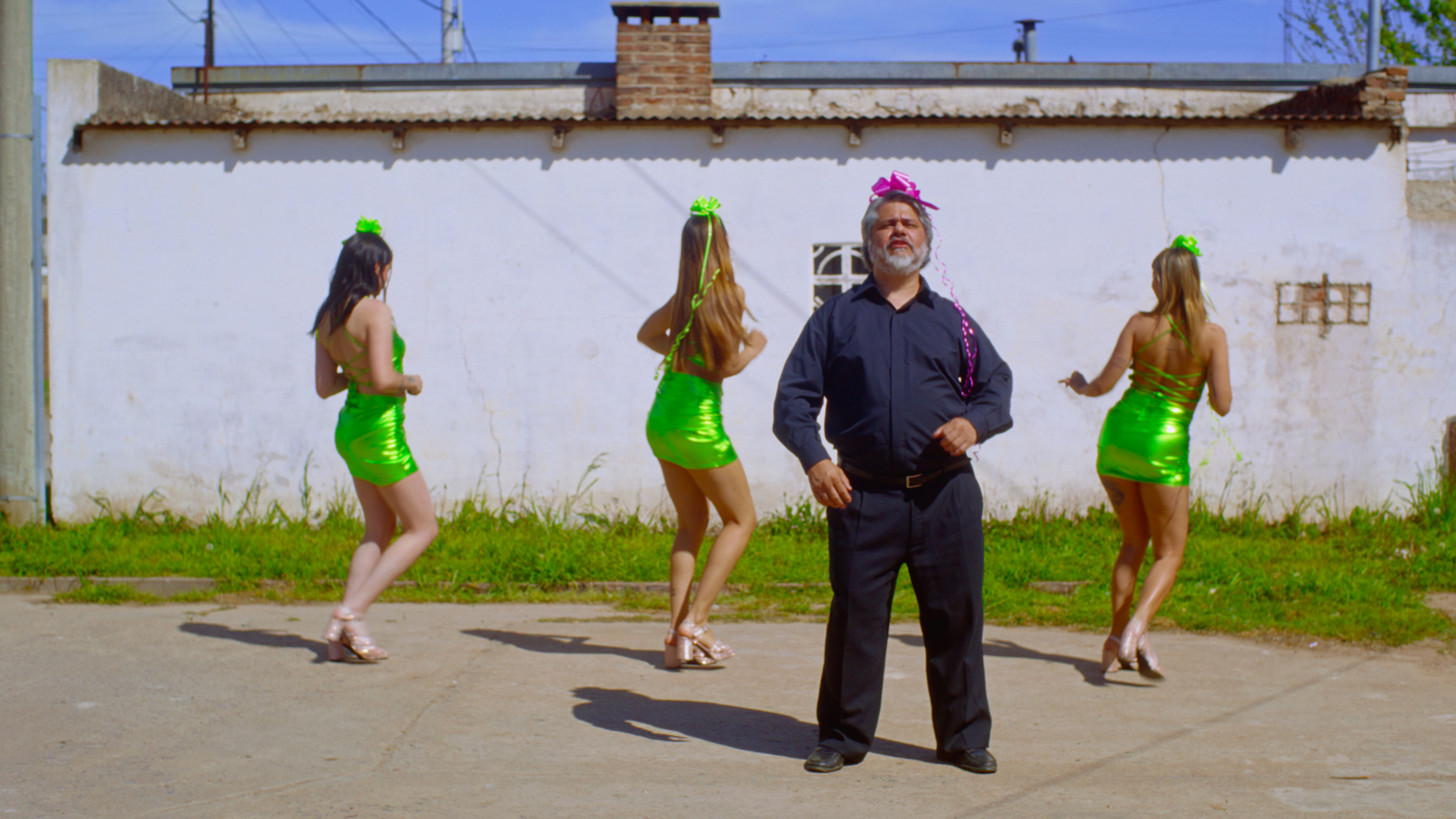
‘I've always been surrounded by hipster types, because of my family and friends that went to art school, worked for Vice or American Apparel,’ reflects the filmmaker. ‘I saw the first thing in my head – my grandmother going through the fields to the church – then I thought of the documentary crew, because that's a world I understand. I don't think I'm necessarily interested in social media, that's something that’s always been misinterpreted in my work. I truly don't give a shit about technology; I hate art shows about the intersection of art and technology – I like paper books and receive a newspaper every morning. I have used these tools because they're contemporary, and that's what people use.’
'I don't think I'm necessarily interested in social media, that's something that’s always been misinterpreted in my work. I truly don't give a shit about technology; I hate art shows about the intersection of art and technology – I like paper books and receive a newspaper every morning. I have used these tools because they're contemporary, and that's what people use.’
Amalia Ulman, Director
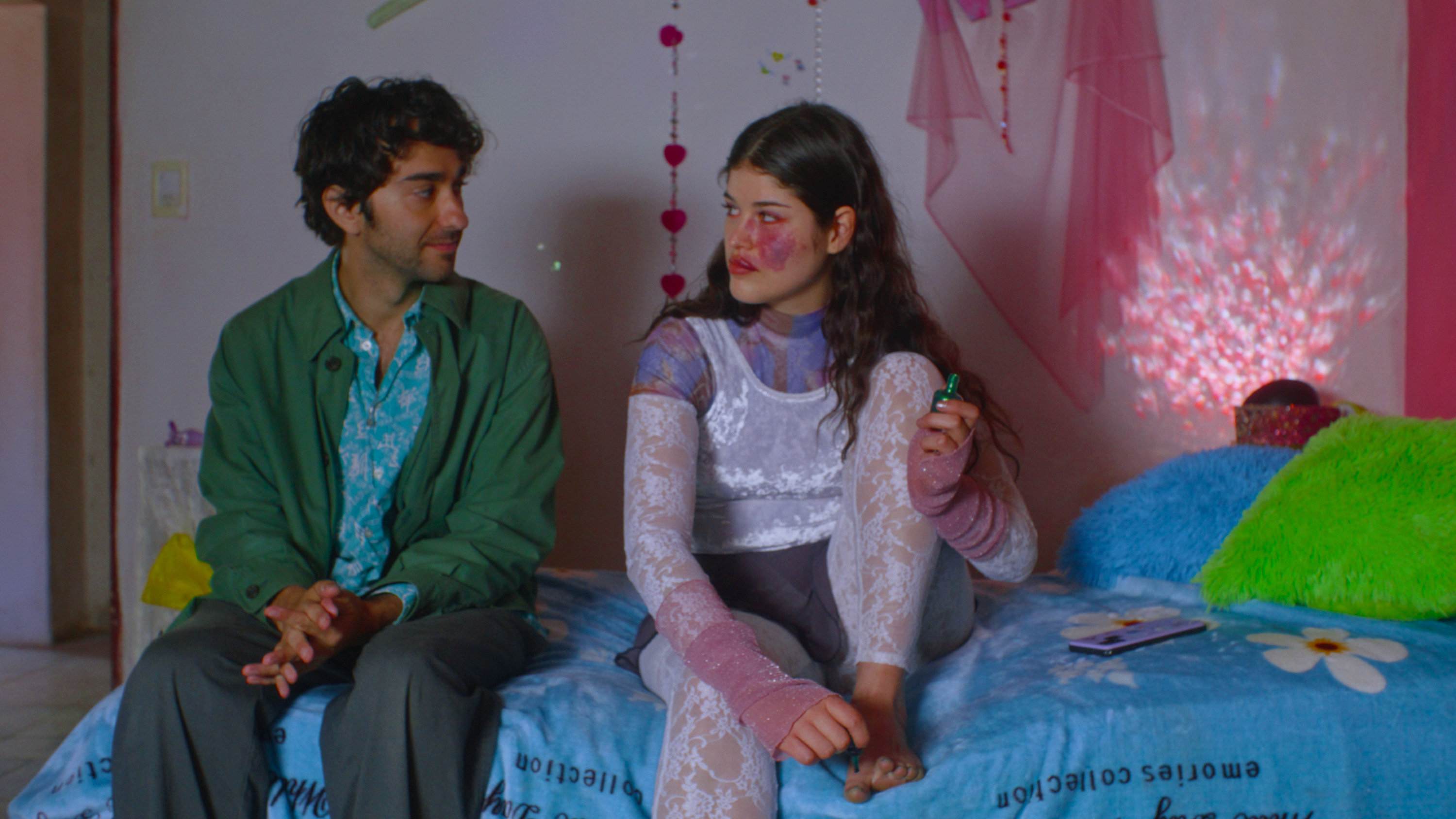
While internet culture is a compelling vehicle for her interests, Ulman is most actively engrossed in the way people relate to and understand each other, and the film employs several layers to this point. ‘A lot of that interest comes from being Argentinian, it's a place where everyone's trying to pass as something else – there's all this myth and masking. Definitely, in my family, there’s things they do to seem less indigenous,’ she says, relaying that her mum’s side is predominantly Guarani Indian. Popa’s home – where the kitchen is filled with stereotypical French phrases and a picture of the Eiffel Tower decorates the fridge – was inspired by Ulman’s great aunt. ‘She looks very indigenous, so doubles down on this idea that she has French blood. You go to her house and she’s listening to Baroque,’ offers the director. ‘Argentinians save for years to go to Europe, it's very important for them.’
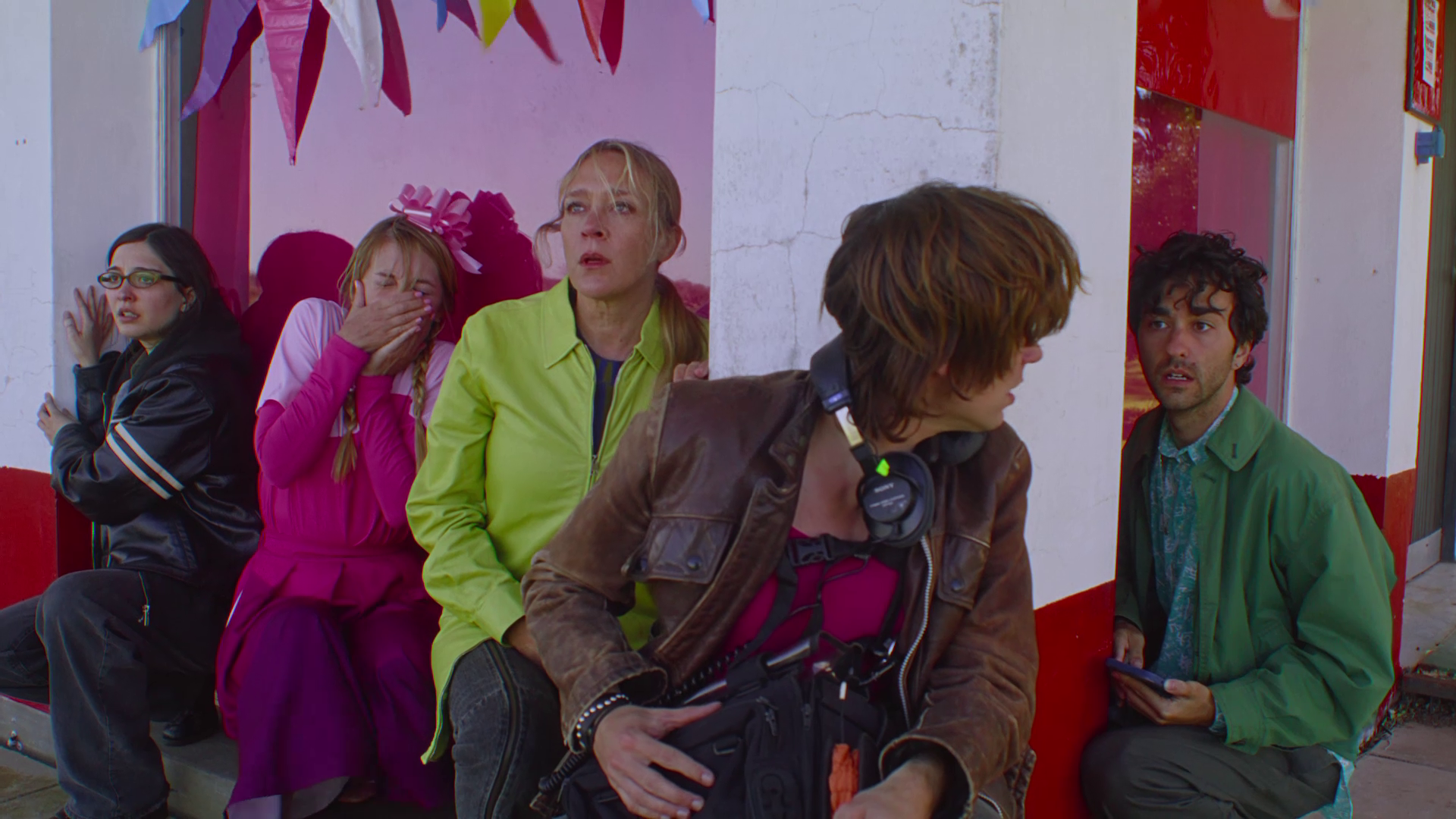
‘I learned from an early age about code switching, for example I changed my name when I went to art school,’ she continues, ‘because people couldn't pronounce my name, but also because of the associations with being Latin American.’
The need to have, or absence of, these kind of internal negotiations was something Ulman leaned into with the film, and informed not only the way the New Yorkers behave but how they dress and subsequently are perceived moving through the world. Sevigny’s Edna, for example, casually strolls down a dirt road in pristine white Margiela Tabis. ‘I thought there was a level of comedy to that. Personally, when I travel, I like to be invisible,' says Ulman. 'So that's something I was playing with – the idea that they never have to code switch, because I find that fascinating.'
Receive our daily digest of inspiration, escapism and design stories from around the world direct to your inbox.
Magic Farm is released on 16 May 2025
Zoe Whitfield is a London-based writer whose work spans contemporary culture, fashion, art and photography. She has written extensively for international titles including Interview, AnOther, i-D, Dazed and CNN Style, among others.